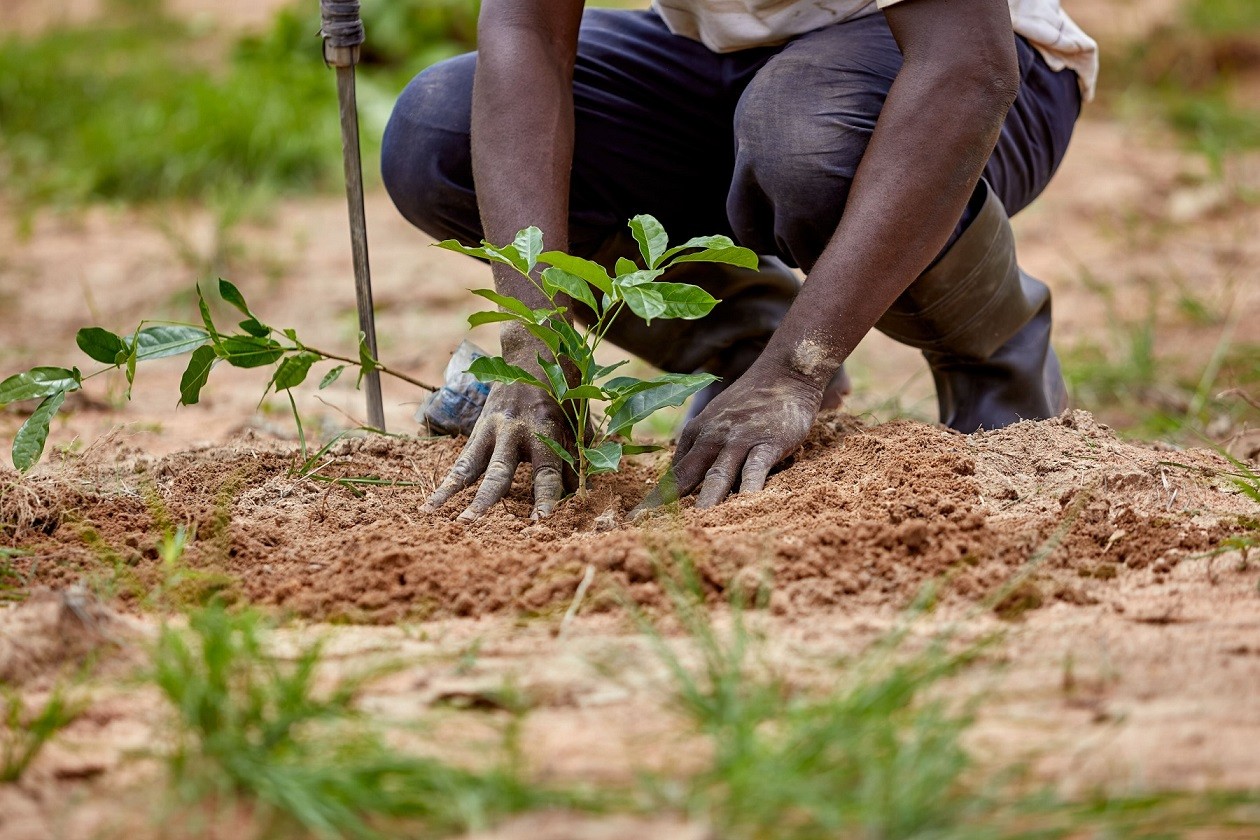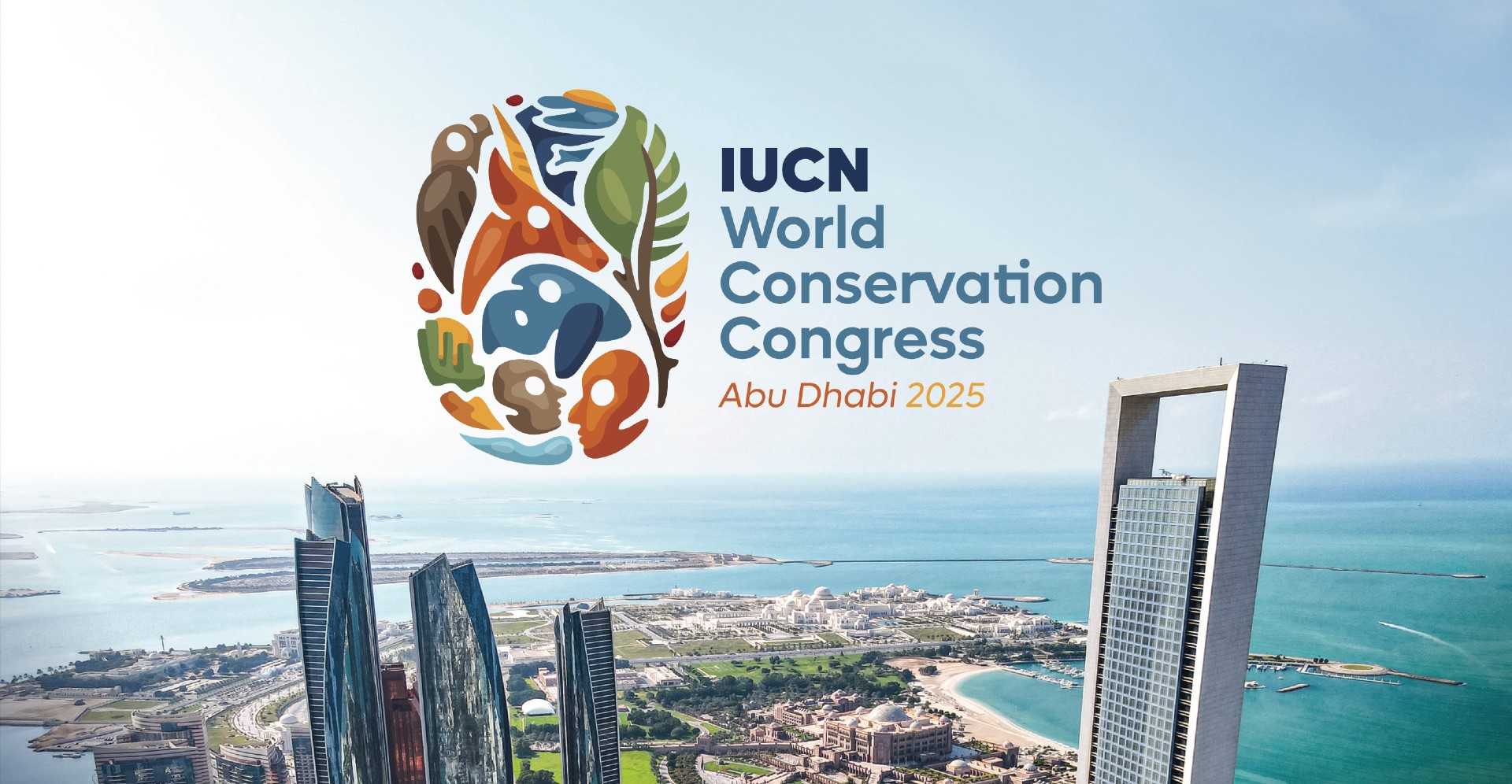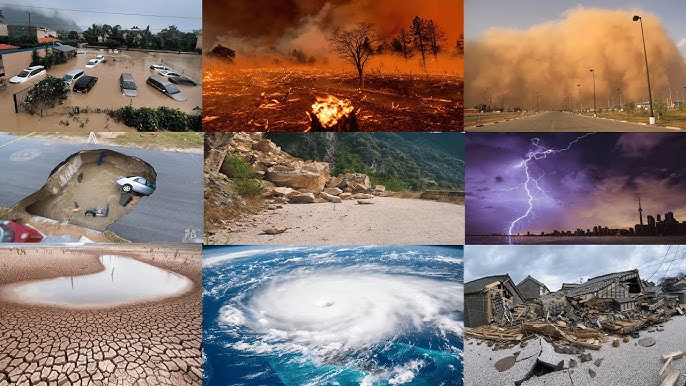- Held under the leitmotif “Taking Responsibility for Health in a Fragmenting World,” the summit sent a powerful message: tackling climate change is not just about protecting the planet but about protecting lives.
In a world that often feels divided, the annual World Health Summit (WHS), held from October 12–14, 2025, in Berlin, stood out as a unifying call to tackle one of the biggest threats facing humanity today, climate change.
The summit discussed a variety of topics like global health financing and the use of artificial intelligence in healthcare, but the predominant theme was climate change's growing effects on human health.
Together, experts and leaders in global health transformed years of scientific data into a compelling message: there is a close connection between human and environmental health.
It has become harder to overlook the effects of global warming on human well-being as droughts, floods, and heatwaves become more common.
The discussions revealed how these extreme weather events are reversing years of progress in global health, worsening food insecurity, and creating new breeding grounds for diseases.
Read More
A recurring point throughout the summit was that a health system capable of coping with climate change is also one better prepared to handle pandemics.
Increasing temperatures and changing rainfall patterns are already helping infectious diseases spread faster while worsening chronic conditions like heart and respiratory illnesses.
The poorest and most vulnerable communities are suffering the most, facing food shortages, water scarcity, and health crises all at once.Climate change is a daily reality rather than a worry for the future in many developing nations.
According to a recent United Nations report, food insecurity is on the rise, particularly in Africa and Western Asia. This trend is indicating a scary future if saving measures are not implemented promptly.
In trying to solve these problems that are closely linked, the summit called for the "One Health" approach, a policy that recognizes the three spheres of human, animal, and environmental health as being interconnected.
This approach advocated the involvement of various sectors such as agriculture and healthcare, in the creation of systems that not only survive climate shocks but also save lives.
The World Health Summit, besides being a forum for policy debates, also made considerable efforts to move the talk into tangible deeds. An agreement with Tree Adoption Uganda facilitated the commitment by the organizers to plant a tree for each participant of the summit.
This symbolic but meaningful act linked the summit’s global discussions to real, local environmental action. It also supported broader initiatives aimed at building climate-resilient health systems and training community health workers to understand how environmental changes affect health.
Held under the leitmotif “Taking Responsibility for Health in a Fragmenting World,” the summit sent a powerful message: tackling climate change is not just about protecting the planet but about protecting lives.
The takeaway from Berlin was clear and urgent. Every small rise in temperature harms human life, and only through shared responsibility and collective action can we protect both people and the planet.
The path forward requires more than innovation and technology; it demands unity, fairness, and the will to act before it is too late.
Follow us on WhatsApp for real-time updates, community voices, and stories that matter.

1-1760599956.jpg)




